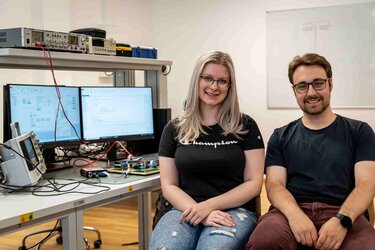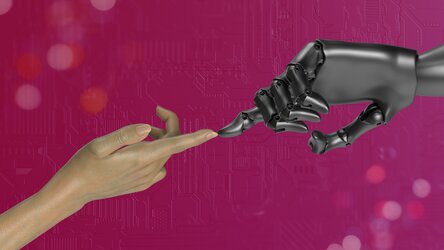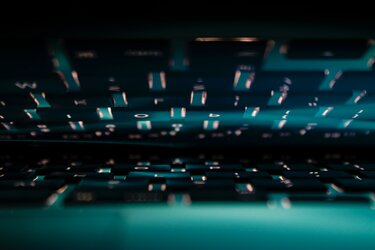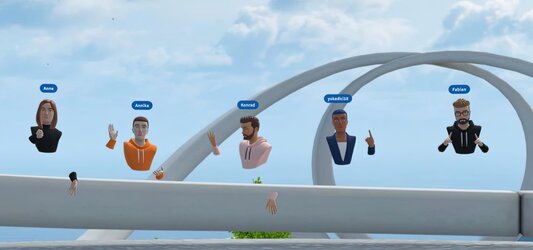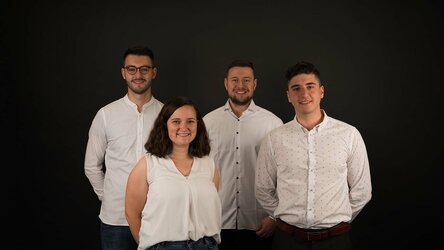
While the blockbuster industry is using “the quantum” as a magic trick to get around plot holes the actual development in the field is progressing incredibly fast. As the reality of quantum computers comes closer, it is useful for us to understand both how they work and how they can be utilized successfully. Quantum physics has been around for ages, but even Richard Feyman, 1965 Nobel Laureate in Physics and one of the fathers of quantum computing, in the 1980s famously said, “I think I can safely say that nobody understands quantum mechanics”. So what changed?
In a nutshell, what do we understand by a quantum computer?
By the end of 2019 Google has announced the achieved quantum supremacy – demonstrating a very real advantage of quantum devices compared to the conventional approach.
Quantum computing is using quantum phenomena such as superposition and entanglement to perform computation. The data is held in quantum bits (qbits), which have the ability to hold all possible states simultaneously. This property, known as “superposition,” gives quantum computers the ability to operate exponentially faster than conventional computers. The data held in qubits are affected by data held in other qubits, even when physically separated. This effect is known as “entanglement.” The overall effect means that qubits, as opposed to bits, can take on various values at one time and can perform calculations that a conventional computer cannot. Achieving both superposition and entanglement on the other hand is extremely challenging.
How do we prepare for the new Quantum Age?
Even the best of tools are useless if one does not have the skills to use it. Juan José García Ripoll, researcher at the Institute of Fundamental Physics within the Spanish National Research Council, provides more clues. “In classical computing we know how to solve problems thanks to computer language (AND, OR NOT) used when programming. Operations that are not feasible in bit computing can be performed with a quantum computer. In a quantum computer all the numbers and possibilities that can be created with N qubits are superimposed (if there are 3 qubits, there will be 8 simultaneous possible permutations). With 1,000 qubits the exponential possibilities far exceed those that we have in classical computing”. This means our approach to Computer Science has to change and so does the way of thinking for the developers of quantum applications.
Developing on quantum computers requires a completely different approach compared to conventional systems, a paradigm change that is not yet covered by the Computer Science education in Germany. This is a problem that we recognized and are now building a solution for by introducing new quantum computing Masters program to create a new generation of specialists. Besides developers for the software on this new hardware you also need people who can grasp the new possibilities and uncover synergies with the classical HPC.
Prof. Dr. Helena Liebelt is Ciso and Head of IT at the Deggendorf Institute of Technology (DIT). Currently she is developing a new Master program „Quanten Computing and HPC“ which will go live by the end of 2021. Dr. Liebelts research is focusing around Quantum Computing Architecture and Quantum Simulation.


